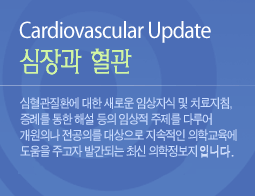Exosomes, small extracellular vesicles ranging from 30 to 150 nanometers in diameter, have emerged as pivotal mediators of intercellular communication. These vesicles, originally perceived as cellular debris, are now recognized for their intricate roles in transporting bioactive molecules, including proteins, lipids, and nucleic acids, between cells. Exosomes have received considerable attention due to their roles in diverse physiological and pathological processes, especially in relation to cardiovascular diseases (CVDs). CVDs are intricately linked, sharing common risk factors and pathological mechanisms, such as inflammation, oxidative stress, and endothelial dysfunction. Exosomes have been implicated in either directly or indirectly influencing these phenomena. They are secreted by virtually all cell types, including endothelial cells, cardiomyocytes, and stem cells, play critical roles in maintaining vascular homeostasis and responding to pathological stimuli. Their capacity to traverse biological barriers, maintain stability in circulation, and effectively encapsulate and deliver a variety of molecular cargos makes them promising candidates for both biomarkers and therapeutic agents. This review aims to explore the multifaceted roles of exosomes in CVDs. And we will discuss the mechanisms of exosome biogenesis and release, their molecular composition, and the ways in which they contribute to disease pathophysiology. Additionally, we will emphasize the potential of exosomes as diagnostic biomarkers and their therapeutic uses, highlighting their significance in the advancement of innovative treatment strategies. This review explores recent findings and advancements in exosome research, emphasizing their significance in CVD and paving the way for future studies and clinical applications.
Keywords Exosomes; Cardiovascular diseases; Treatment strategies; MicroRNA; Long non-coding RNA
|









